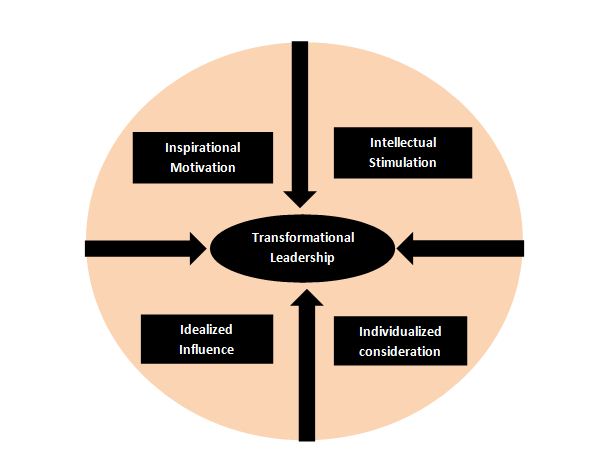This embodies the concept of institutionally sustained results consistency of achievement over time. Elements of an organizations culture including the norms values and assumptions under which.
 Understanding The Transformational Change Of The Namas Mauricio
Understanding The Transformational Change Of The Namas Mauricio
According to Jick and Peiperl 2003218 a transformation is referred to as organizational reorientation.

Transformational change definition. And transformation cant be done incrementally. First the future state is unknown when you begin and is determined through trial and error as new information is gathered. Tools for transformational change strategy For every strategy the tools and procedures to execute them are of utmost importance where they function to make sure that the strategy is effective.
Transformational change defined Transformational change is the process whereby positive development results are achieved and sustained over time by institutionalizing policies programmes and projects within national strategies. Transformational change is defined as 2nd order frame-breaking change that completely alters your current operating structure. 1 you can determine your destination in detail before you begin and can therefore manage your transition and 2 people are largely impacted only at the levels of skills and actions not the more personal levels of mindset behavior and culture.
Transformational Change Anderson Ackerman-Anderson 2010 Transformation however is far more challenging for two distinct reasons. It therefore tends to be multi-disciplinary integrating a. Able to produce a big change or improvement in a situation.
These changes will have massive change to processes people and typically technology. Business owners can start by reviewing employee performances examine the data and the technology and make effective use of management plans. If your organization has a relatively traditional culture you need transformation to engage your people gain understanding and commitment to change.
Transformational change occurs in response to or in anticipation of major changes in an organisations environment or technology. Aimed at Competitive Advantage Transformational change is concerned with choices organizations make to improve their competitive performance. These changes often are associated with significant revision of the firms business strategy which in turn may require modifying internal structures and processes as well as its corporate culture to support the new direction Cummings and Worley 2009.
Contrary to incremental change transformational change is the process of altering the basic. When it comes to the business environment transformational change. Successfully implementing transformational change management means knowing how to lead an organization through significant modifications of company processes direction and other critical operational elements.
Burke and Litwins Transformational model of change emphasize on the leadership behaviour and how leaders influence the behaviour of others by acting as role models in the organization. A complete change in an organization designed to bring big improvements. Transformational change means alterations in certain areas which is caused due to an interaction with the environmental factors and creates a need for new behaviours or changes in the behaviours of the organizational employees.
By contrast transactional change refers to the modification and redesign of the processes and systems in which interactions within the organization take place. Transformational change is holistic Transformational change is a systems approach deriving its power by attending equally to hearts minds the inner life of human beings human behavior and the social systems and structures in which they exist. Transformational change is the process of altering the basic elements of an organizations culture including the norms values and assumptions under which the organization functions.
To establish a competitive advantage organizations must achieve a favoured position vis-à-vis their competitors or perform internally in ways that are unique valuable and difficult to imitate Systemic and Revolutionary Change Transformational change. To lead this kind of change the level of leadership and organizational investment needed is the highest of all types considered so far. Complex and unpredictable outcomes need transformational change.
Transformational change is a process designed to create significant change in the culture and work processes of an organization and produce significant improvement in performance. Transformational Change Management is a complicated endeavor fraught with a multitude of challenges. Two variables define transitional change.
Once you take these leaps you cant change your mind and go back to the old ways.

